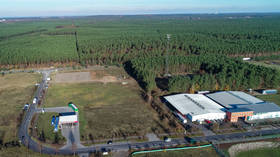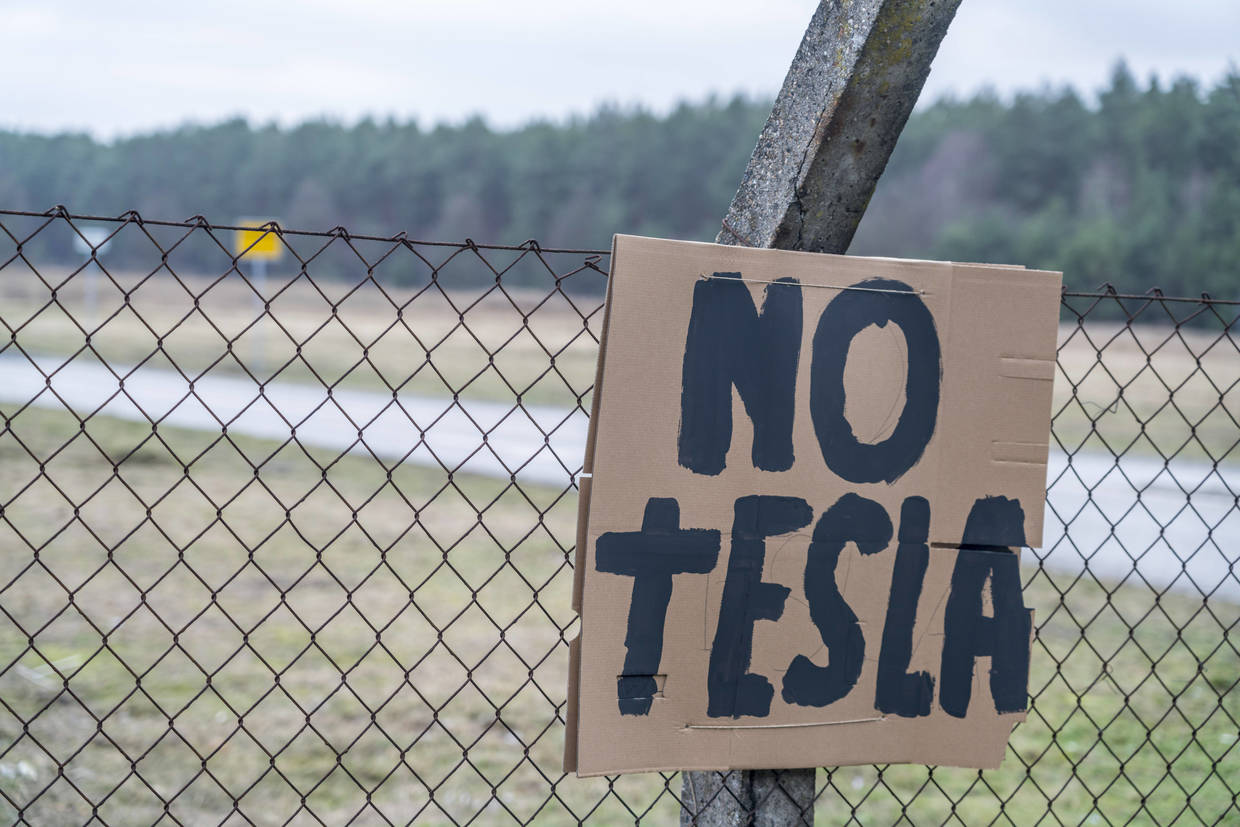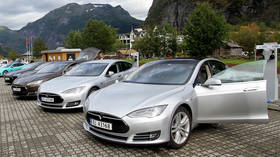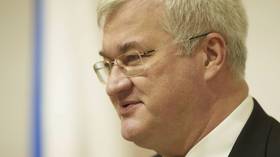Zero-emission champion Tesla allowed to keep building Europe’s 1st Gigafactory by... sweeping out woods near Berlin

While Elon Musk advances his sustainability agenda, his ‘environmentally-friendly’ venture Tesla wages – and wins – a legal battle with locals who oppose leveling a pine forest to erect the company’s giant factory.
Defying protests among locals and an appeal by environmentalist groups, a local court gave the green light to Elon Musk’s Gigafactory 4 construction in the middle of a serene forest in the Gruenheide municipality – a place that ironically has the word ‘Green’ in its name if translated from German.
The ruling in favor of Tesla sank a lawsuit by two local environmentalist groups claiming that chopping trees occupying almost 92 hectares (227 acres) would lead to deforestation and an exodus of wildlife. Explaining the verdict, the court said the government’s environment agency didn’t find any reason to stop the factory construction.
Musk repeatedly insisted that electric cars are the future of fossil-fuel free transportation, once telling the public that Tesla’s “fundamental good” is advancing “the advent of sustainable transport and energy production.”
But leveling woods in Gruenheide for the sake of a green future didn’t sit particularly well with locals. Last month, almost 200 people staged a protest, demanding that the construction plans be reversed. Their main concern was that making room for the Gigafactory would turn the idyllic neighborhood into a roaring, dirty industrial zone.
Others welcomed the news, meaning more jobs for the local youth – and also top-notch technology coming into the area. German environmentalists, on their part, say the factory could create problems with drinking water supply and waste water disposal.

Called Giga Berlin, or Gigafactory 4, it is poised to become the carmaker’s first plant in Europe. A number of European countries – including Finland, the Netherlands, Poland and Lithuania – competed to host it, but Germany was selected, according to Musk, because of its engineering prowess.
The plant will assemble Tesla Model 3 and Model Y, also manufacturing batteries, powertrains, seats and battery packs, effectively becoming a full-cycle enterprise. Now, Giga Berlin is expected to go online in 2021, with the aim of producing 150,000 cars per year.
Also on rt.com Teslas may produce as much CO2 as gasoline powered carsIf you like this story, share it with a friend!















